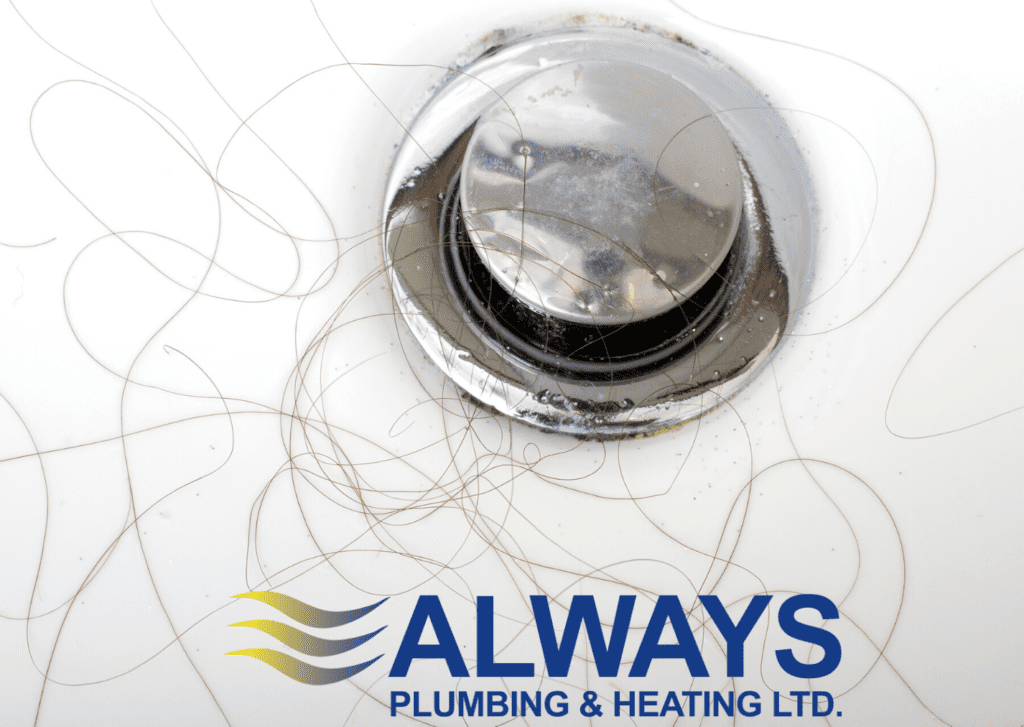As fall approaches, many families find themselves spending more time in the kitchen. While summer is the season for outdoor barbecues and campfires, fall is the season for back to school lunches, canning your produce, and packaging up the succulent goods from your garden.
With all of this extra time in the kitchen comes greater use of your in-sink garbage disposal. There are a few names for kitchen garbage disposal units. Whether you call it your garburator, Insinkerator or garbage disposal, they are a cook’s best friend! Grinding up and washing away kitchen waste with the flip of a switch. While a garburator is useful for many food items, there are some things that should never put down your garburator to avoid major plumbing problems. Avoid the following to reduce the potential for major plumbing problems, including clogged lines, burst pipes, or a damaged garbage disposal unit.
15 Items You Shouldn’t Put In Your Garbage Disposal
- Coffee Grounds: Coffee grounds turn into a thick pasty wad that can plug up your drains. Instead save them for your garden, which helps create nutrient-rich soil as well as keep critters out of your garden.
- Pasta: Pasta absorbs water and expands in your plumbing lines even after it’s chopped up from your garburator. While a few scraps from a plate shouldn’t cause an issue, disposing an entire serving of pasta into your drains is not a good idea.
- Bones: Garbage disposal blades aren’t strong enough to cut up bones. You will damage the blades and possibly destroy your garbage disposal.
- Oatmeal: Like pasta, oatmeal is a water-absorbing food. They can collect further down in your plumbing lines and soak up water, expanding and plugging your lines.
- Nuts: Consider what happens when you grind up nuts. Think peanut butter. If you throw a bunch of nuts into your garburator this is exactly what happens. Leaving you with disposal lines that have a thick oily paste to potentially clog your lines.
- Onion Skins: While the inside of the onion is okay to put into the disposal, the thin skins can slip between the blades untouched, and become wedged in the drain, trapping other food items and causing a clog. Compost the outer layer of your onion instead.
- Eggshells: There is an old wive’s tale that eggshells will sharpen your garbage disposal blades which is not true. While the eggshells will not damage the blades, the inner membrane from the eggshell can get loose and lodge around the impeller or in the drain. Instead, use your eggshells in your garden.
- Trash: Some things just belong in the garbage and not in your drains. Banana peels, candy wrappers, paper towel, cigarette butts, etc. The device is not a trash compactor, adding items such as these will lead to having to replace the unit.
- Pumpkin: When carving a pumpkin and the long stands get stuck to your hands, the same happens when you put it into your garbage disposal which clogs your drains.
- Potato Peels: Don’t overload your disposal with potato peels. While a few shouldn’t hurt, a large amount can jam up your disposal and it puts a lot of strain on the motor.
- Celery: Much like pumpkin, the stringy fibres can wrap around the blades and plug your drains or damage the disposal motor.
- Pits: Similar in texture to bones, pits cannot be chopped up with disposal blades. Save them for your compost instead.
- Cleaning solutions: Harsh drain cleaners and industrial cleaning solutions should not be used in your disposal unit. They can damage the drains and the drain lines. Instead, use ice cubes to clean the blades and some lemon peels to deodorize the disposal. A little dish soap can be helpful if there is some grease build-up. Always make sure your unit is turned off before cleaning your disposal unit.
- Corn Husks: The robust fibrous husks and the stringy silks of the husk create a threat for the garbage disposal unit. Keep the task of husking your corn far from the garbage disposal. Instead, husk the corn straight into the compost.
- Grease: We’ve all heard the phrase, Don’t pour it, Store it! Grease should never be put down any of your drains, including your garbage disposal. This is one of the leading causes of clogged lines. Keep a glass jar under your sink to collect grease drippings in.
If you notice the unit isn’t running smoothly, or if you have a backflow of water coming up from your drains, you may need to enlist the help of a professional plumber. Regardless if it is a garburator, Insinkerator or garbage disposal unit, the expert plumbers at Always Plumbing & Heating can take care of all your repairs or replacement needs.
